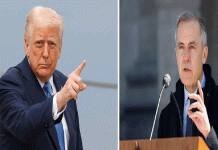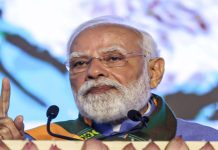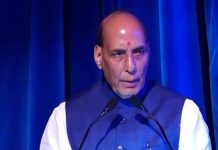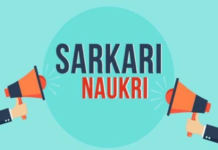New Delhi, Tahawwur Rana is set to land in India and face trial in the Mumbai 26/11 terror attack case after being extradited from the United States. The US Supreme Court rejected Tahawwur Rana’s plea to stay his extradition to India stating, “The application for stay addressed to The Chief Justice and referred to the Court is denied.”
Union Home Minister Amit Shah asserted that securing the extradition of Tahawwur Rana is a “big success” of Prime Minister Narendra Modi’s government’s diplomacy.
“It is the responsibility of the Indian government to bring back all those who have misbehaved with the land and people of India under the law of the country. The return of Tahawwur Rana is a big success of the Modi government’s diplomacy, because the governments under whose rule the bomb blasts took place could not bring him back,” the office of Amit Shah said in a post on social media platform X (formerly Twitter).
How India Secured Tahawwur Rana’s Extradition?
The US Department of Justice accepted India’s submissions which countered Tahawwur Rana’s defence of “double jeopardy”, CNN-News18 has learnt.
New Delhi snubbed Tahawwur Rana’s argument in which he claimed that his prosecution in India is double jeopardy citing sections of the stringent Unlawful Activities (Prevention) Act. India argued before the US that double jeopardy is decided on the basis of the crime and not the conduct of the accused, sources told.
In February, US President Donald Trump met PM Narendra Modi and announced in a joint press conference that Tahawwur Rana would face justice in India.











































